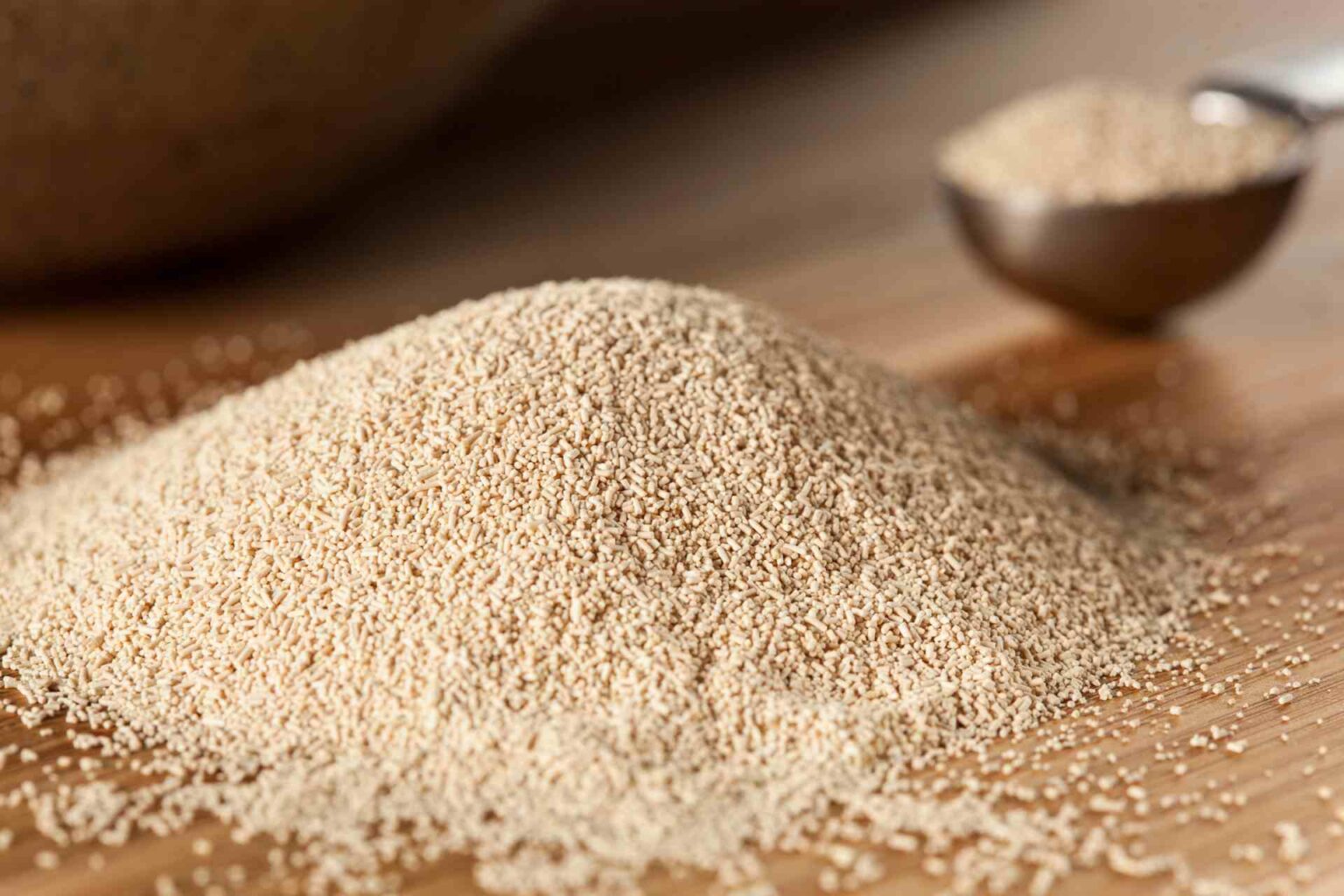Palatability is related to the physical and chemical properties of a diet associated with the promotion or suppression of feeding behavior during the pre-absorption or immediate post-absorption phases.
Taste, odor, and texture are the main components that govern the palatability of a food. Measuring food palatability in animals can be difficult because of the subjective nature of the animal’s response to food and the inability to receive direct and clear feedback.
There are various methods and palatability tests that are, often, performed on pet foods to ensure that pets are satisfied with the food they are offered in order to maintain an adequate body weight.
However, it is equally important to test the palatability of nutraceuticals since their consumption levels correlate with patient compliance. This is especially important for substances that are administered in cases of chronic diseases.
Medium-chain triglyceride (MCT) oil is one such nutraceutical, a molecule that has shown varied benefits in alleviating numerous disorders such as cognitive impairment, epilepsy, and colitis, as well as showing anticancer effects and a general reduction in inflammatory states and insulin resistance.
The results of the study
To date, there is a lack of studies focusing on the palatability and tolerability of MCT in the canine population, and data regarding different species are often discordant.
Therefore, the purpose of the study by Berk et al. was to analyze the palatability and tolerance of MCT oil supplementation administered in fluid form in a healthy canine population in a nonclinical setting.
For the study, a total of 19 dogs of different breeds were initially fed their usual diet for 5 days (phase 1, days 1-5). For the next 5 days, dogs were randomized to receive either the diet with olive oil, the dietary supplement chosen as control (control-DS), or the diet with MCT oil supplementation (MCT DS) (phase 2, days 6-10).
The final phase of the study included another 5 days when the dogs were fed without any supplementation (phase 3, days 11-15).
The results found no significant adverse events associated with the consumption of MCT oil administered at 10% of isoenergetic requirement and divided into two servings per day for 5 days.
In addition, the data showed no statistically significant difference in appetite between dogs in the MCT-DS group and the control-DS group. Between the two dietary supplementation groups, average food intake did not differ significantly between phase 1 and phase 2, just as it did not differ within phase 2, an indication that dogs’ appetite remained constant between study phases despite variations in the components of the diets.
Regarding feeding behavior, the addition of an oil in a dog’s feed, regardless of the type of oil, resulted in a significant increase in the average time of food intake. Notably, then, the results indicated that, on average, dogs take longer to eat MCT-supplemented foods than olive oil.
The prospects for the use of MCT oil.
The palatability of nutraceuticals has a substantial impact on the success of the nutritional approach. This is especially true for nutraceuticals that are administered for long periods of time, such as MCT oil. The results of the study showed good palatability and excellent tolerance of MCT oil. These data providea promising basis for the use of MCT oil as an additional supplementation option in treatments for dogs with chronic disorders, such as epilepsy and cognitive dysfunction.
Reference
Berk BA, Packer RM, Fritz J, Volk HA. Oral Palatability Testing of a Medium-Chain Triglyceride Oil Supplement (MCT) in a Cohort of Healthy Dogs in a Non-Clinical Setting. Animals (Basel). 2022 Jun 26;12(13):1639. doi: 10.3390/ani12131639.











